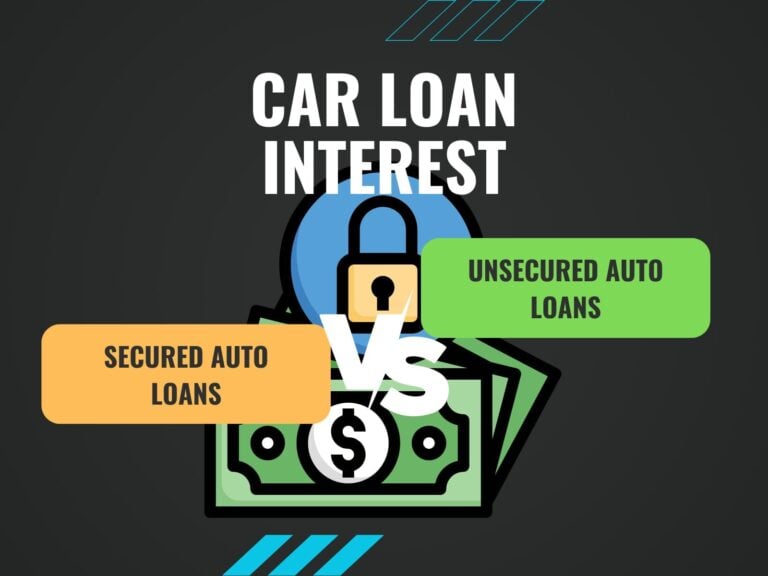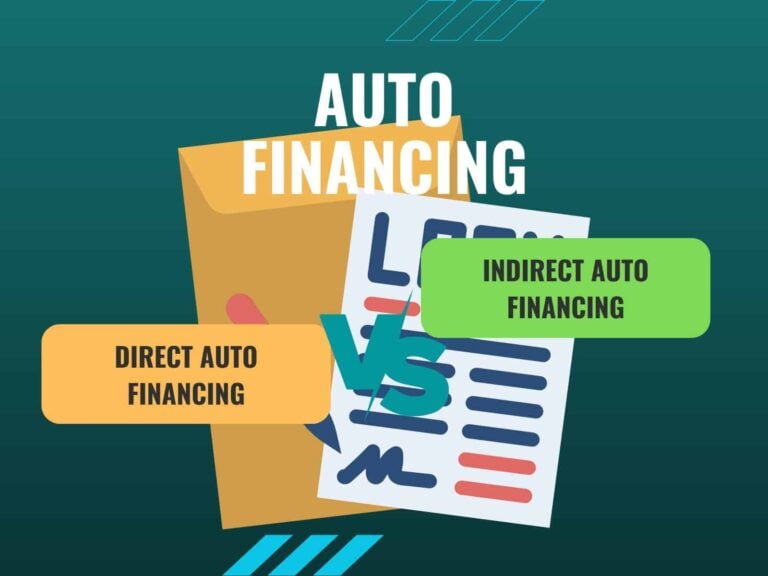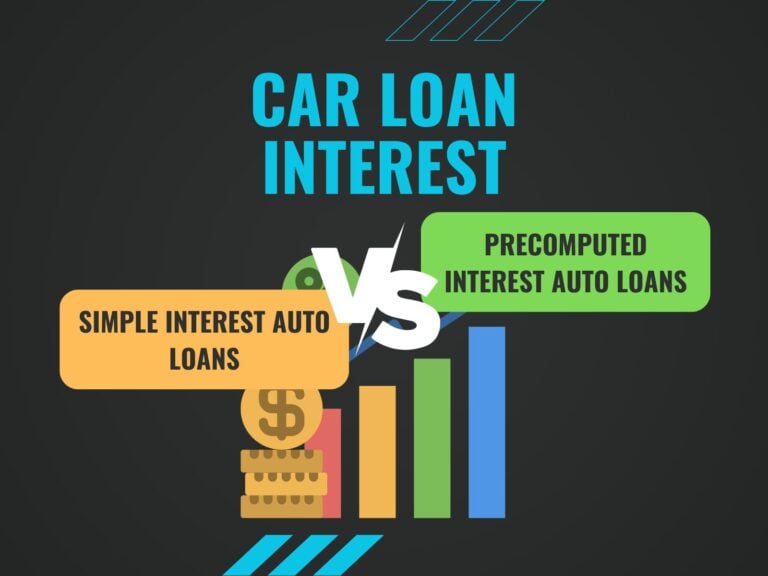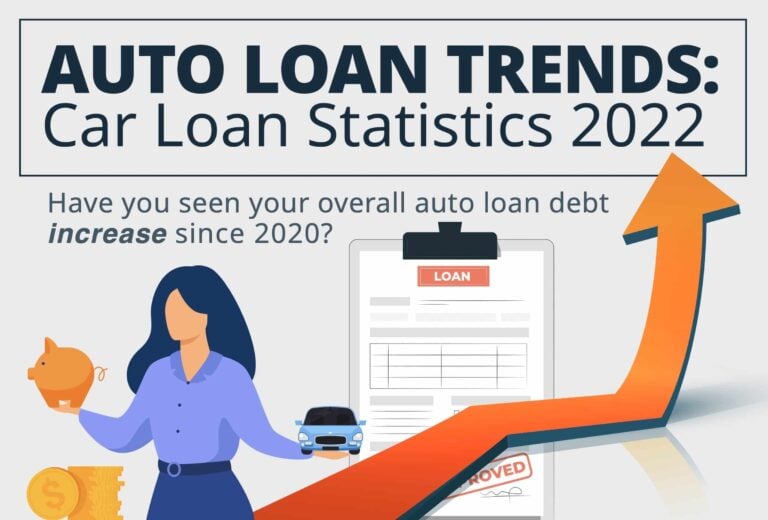Colorado Debt Settlement
The state of Colorado, with approximately 5.7 million residents, ranks 21st in population within the United States while covering an area of 104,094 square miles that places it 8th in terms of geographic size. Colorado ranks 37th nationally in population density, with only 52 residents per square mile.
Colorado is nicknamed the “Centennial State,” because it became a state 100 years after the signing of the Declaration of Independence. Colorado offers a variety of spectacular scenic vistas that include mountains, forests, high plains, canyons, rivers and desert lands.

The Colorado economy generated a gross state product of $371.7 billion in 2018, ranking it 20th in the nation. The Colorado economy is recognized for its scientific research and high-tech industries, along with a strong presence in food processing, transportation equipment, machinery, chemical products, gold mining and tourism.
Important agricultural products include cattle, wheat, marijuana, dairy products, corn and hay. As of October 2019, the state’s unemployment rate was only 2.6% (compared to a national unemployment rate of 3.6%) and its 2017 median household income level of $69,117 was more than 14% higher than the national median household income level of $60,336.
Colorado Economic and Debt Statistics
According to the Bureau of Labor Statistics, Colorado’s unemployment rate stood at 2.6% as of October 2019, considerably lower than the national unemployment rate of 2.6%.
However, Colorado residents carry the seventh highest average amount of credit card debt in the nation checking in at $9,108, which is still 2% less than the national average of indebted households of $9,333.
Colorado Economic and Debt Statistics
Meantime, compared with the 2019 nationwide average FICO score of 703, the typical Colorado resident’s 2019 FICO score registered notably higher at 718, tied for thirteenth highest in the nation.
According to the St. Louis Fed, as of Q4 2018, the Colorado home ownership rate checked in at 64.4% slightly lower than the national average of 64.8%, while a recent Experian report shows average mortgage debt level of only $258,026, representing an increase of 3.2% compared to 2018, and ranking fifth highest in the nation.
The median sales price of a home in Colorado during 2019 was $367,440. Regarding student loans, data compiled in 2019 by Experian indicates that average student loan debt for Colorado borrowers is $35,658, slightly higher than the national average of $35,359, 6.4% higher than in 2018 and 26.8% higher than it was in 2014.
Colorado Residents and Debt Settlement
If you are a resident of Colorado and are currently burdened by high levels of unsecured debt – including credit card accounts, private student loans, unpaid medical bills and personal loans – the process of pursuing debt settlement may make sense for you.
Debt settlement occurs when a debtor successfully negotiates a payoff amount for less than the total balance owed on a debt. This lower amount is agreed to by the creditor or collection agency and is fully documented in writing. Ideally, this lower negotiated amount is paid off in one lump sum, but it can be paid off over time.
Though creditors are under no legal obligation to accept debt settlement offers, negotiating and paying lower amounts to settle debts is far more common than many people realize.
Colorado Consumer Debt Laws
Credit Card companies and other creditors are permitted to contact Colorado residents directly regarding debts, particularly in a situation involving delinquent payments.
However, debt collection agencies are required to comply with the the Federal Fair Debt Collection Practices Act (FDCPA), and are therefore prohibited from taking certain actions.
Under the FDCPA, collection agencies are prohibited from informing employers about a debt or attempting to collect a fee in excess of any debt owed. Debt collection agencies are also prohibited from communicating in a manner that simulates a judicial process or gives the appearance of a governmental action.
Additionally, debt collection agencies are prohibited from contacting debtors or debtor family members at unusual hours or with a frequency that may be reasonably construed under the law as harassment or abuse.
Additionally, the Colorado Fair Debt Collection Practices Act protects consumers from abusive or overreaching debt collection practices by debt collectors and debt collection agencies.
The FDCPA and Colorado Fair Debt Collection Practices Act cover consumer debts used primarily for personal, family or household purposes, such as credit cards, auto loans, utility bills, medical bills, mortgages and in some instances, student loans.
Debts owed to a government agency, such as taxes, child support and unpaid parking tickets, are not covered under these consumer protection laws. The Colorado Fair Debt Collection Practices Act covers only the collection of consumer debt and does not apply to debts for business, investment, commercial or agricultural purposes.


Colorado Statute of Limitations on Debt Collection
When sufficient time passes in a situation in which consumer debts have gone unpaid, a debt collector can lose the legal right to sue for non-payment.
In Colorado, the statute of limitations on debt collection is six years for a promissory note or line of credit. The statute of limitations clock begins ticking from the “date of default,” which is typically thirty days after the last payment was actually made.
When debts remain unpaid prior to the statute time period elapsing in full, creditors maintain legal right to sue for non-payment and are permitted to engage debt collection agencies who can make persistent attempts at collection – provided they remain within the bounds of the FDCPA and Colorado Fair Debt Collection Practices Act.
Debt Settlement - Do It Yourself?
Getting out of debt is never an easy process. If debt settlement is the right avenue for you to pursue, be honest with yourself. Decide whether you possess the background, strength and fortitude to negotiate directly with creditors yourself – or whether engaging the services of an experienced and reputable debt settlement company will serve your needs best.
Remember, the goal is to save the greatest amount of money and time while minimizing any ensuing damage to your credit score and profile. A reputable debt settlement company will provide a realistic estimate and time frame for making offers to your creditors that can ultimately result in settlements that save you significant amounts of money, time, and aggravation.
Contact us here at United Settlement, where our experienced credit counselors possess relationships with the major credit card lenders and a broad understanding of the debt marketplace. We can help you navigate these waters successfully.
Debt Resources & Additional Reading
Colorado Debt Settlement FAQs
Yes, if you are a Colorado resident and currently burdened by high levels of unsecured debt – including credit card accounts, personal loans, unpaid medical bills and private student loans, United Settlement can assist you with the process of pursuing debt settlement. Debt settlement occurs when a debtor successfully negotiates a payoff amount for less than the total balance owed on a debt. Contact us here at United Settlement, where our experienced credit counselors possess relationships with the major credit card lenders and a broad understanding of the debt marketplace. We can help you achieve the peace of mind that comes with living a debt-free lifestyle.
Yes, United Settlement offers debt consolidation services in the state of Arizona. The process of debt consolidation involves combining and paying off multiple debts with one single loan, typically resulting in a lower blended interest rate and monthly payment. Debt consolidation provides the dual benefits of streamlining the repayment process while simultaneously lowering interest expense and the total amount repaid over time.
Debt collectors can garnish wages in the state of Colorado, but only after suing a delinquent debtor and successfully obtaining a court judgment that allows for wage garnishment within certain restrictions. In Colorado, a creditor can garnish up to 25% of a delinquent debtor’s disposable income – which is defined as the amount of money remaining after legally mandated deductions from a paycheck – or 30 times the Federal minimum wage, whichever is less.
When sufficient time passes in a situation in which consumer debts have gone unpaid, a debt collector can lose the legal right to sue for non-payment. In Colorado, the statute of limitations on debt collection is six years for a promissory note or line of credit. The statute of limitations clock begins ticking from the “date of default,” which is typically thirty days after the last payment was actually made.
The responsibility for spousal debt largely depends on where a couple has lived – and whether that state is a “community property” state, or an “equitable distribution” state. Since Colorado is a community property state, most debts incurred by either spouse during the marriage become the financial responsibility of the “community” – the married couple – even if only one spouse signed the paperwork attached to the debt. Importantly, this applies to debts incurred during the marriage only – any debts that pre-dated the marriage itself remain the sole responsibility of the spouse who incurred them.
Additional Related Insights & Articles







Debt Relief Reviews

Ready To Get Started?
See if you qualify for debt relief. Get a Free savings estimate to see how quickly you can be debt free.
Embrace financial freedom with our tailored solutions, expert guidance, and unwavering commitment to your success.
Experienced Professionals
Our experienced team has helped thousands of clients successfully eliminate debt and regain financial freedom.
Customized Solutions
We know every financial situation is different, so we design personalized debt relief plans to fit your specific needs and goals.
High Success Rate
Our proven debt relief strategies deliver real results. With a strong track record of success, we help clients achieve lasting financial stability.
Confidential Consultation
Your privacy is our priority. All debt relief consultations are 100% confidential and handled with the highest level of discretion.



